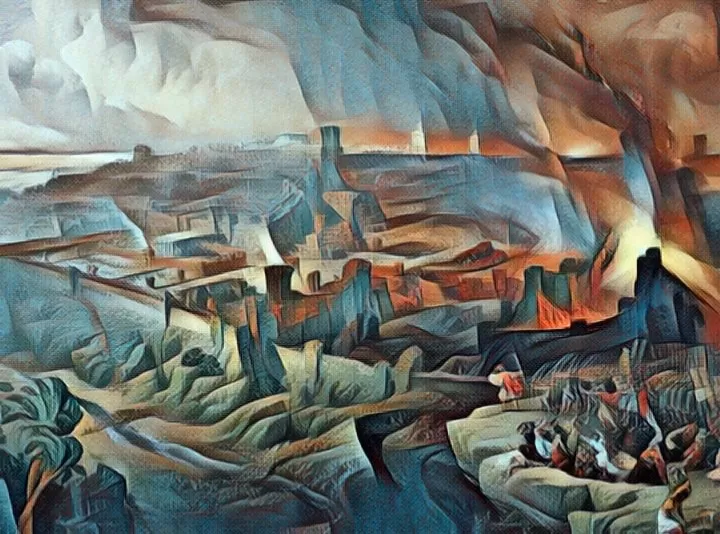How does the New Testament predict the future?

I did this video podcast interview with Cliff Sekowe a few months back. Cliff is an amiable South African pastor and theologian who is keen to get scholars talking sensibly about some the intellectual challenges facing contemporary Christian faith. He had heard the podcast I did with Pete Enns and couldn’t think of a better title. So we talked about how and why the New Testament predicts the future. But check out the other videos too, including Amy-Jill Levine, Jon Levenson, and John Walton. By the way, I am not a professor, just a humble Associate Research Fellow at the London School of Theology.





Recent discussion